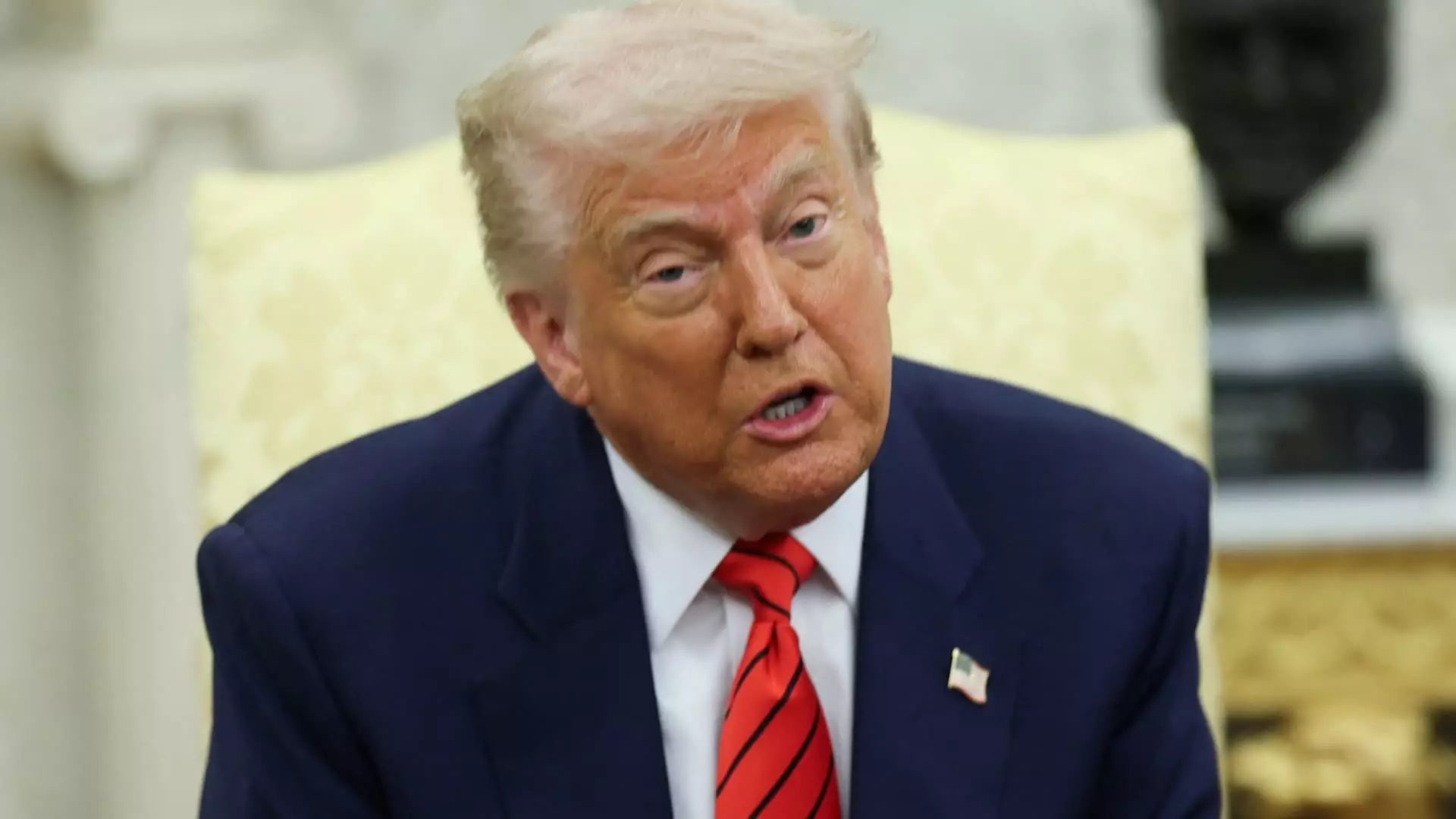In an unexpected twist, President Donald Trump recently cast doubt on the very foundation of his administration’s trade policies. During a meeting with Canadian Prime Minister Mark Carney, he downplayed the significance of formal trade deals, stating that “we don’t have to sign deals, they have to sign deals with us.” Such proclamations are emblematic of the president’s broader approach: a preference for bluster over substance, prioritizing bravado over diplomatic engagement. For weeks, his administration has constructed an elaborate narrative around the urgency of trade agreements, touting an imminent avalanche of bilateral negotiations with major economies like India, Japan, and South Korea. Yet, as reality continues to unfold, this seems to be nothing more than a combination of wishful thinking and a misalignment of political priorities.
Promises Made, Promises Broken
The administration’s conflicting messages come to light when juxtaposed against statements made just days earlier by Treasury Secretary Scott Bessent, who claimed the U.S. was “very close to some deals.” This paints a picture of a presidency that doesn’t just struggle with consistency but is also mired in miscommunication among its ranks. Trump’s retreat from the urgency of trade deals raises questions: Is the administration out of touch with the mounting pressures from investors and business leaders? Or is it a strategic retreat aimed at salvaging a narrative that is rapidly spiraling out of control? When the stock market registered a downturn following Trump’s comments, it served as a vivid reminder that investor confidence hinges greatly upon clear, actionable trade policies, rather than spontaneous declarations of aloofness.
A Luxury Store Approach? Misguided Strategy
In a baffling attempt to redefine international trade dynamics, Trump likens the U.S. to “a super luxury store.” This metaphor is problematic, as it conveys a sense of exclusivity at a time when global collaboration is more critical than ever. Shifting focus to the price consumers “will have to pay” to access American goods not only alienates potential trade partners but also risks further isolating the U.S. in an interconnected world economy. In Trump’s mind, the U.S. is more than willing to dominate the market without yielding to others’ demands, a mindset that ignores the reciprocal nature of trade. This strategy not only hampers economic growth but also jeopardizes the livelihoods of American workers who depend on stable, beneficial trading relationships.
The Cost of Inaction
Trump’s latest remarks, emphasizing a reluctance to sign deals, highlight an alarming trend within his administration: an almost reckless disregard for the ramifications of delay in negotiating vital international agreements. Businesses are growing concerned over the potential economic fallout from escalating tariffs and trade disputes, yet the administration continues to exhibit a troubling lack of urgency. By avoiding formal negotiations, Trump risks plunging the American economy into further uncertainty, contradicting his promises of perennial economic growth and job creation.
The Illusion of Fluidity in Trade Relations
For a president whose campaign was underpinned by promises of reshaping American trade, the current narrative of fluid, undefined negotiations raises skepticism. Instead of concrete frameworks aimed at fostering mutual benefits, we are left with vague assertions that “deals could be coming.” The novelty of Trump’s “America First” ideology has quickly devolved into a passive stance that seeks to inflate national pride while neglecting the complexity necessary for successful diplomacy. It’s a delicate balance that requires both assertiveness and collaboration, yet this administration appears determined to prioritize ego over equity.
A Call for Accountability
In the midst of confusing declarations, Trump has implicated advisors like Bessent and Commerce Secretary Howard Lutnick for creating unrealistic expectations. This circles back to an essential truth: accountability must extend beyond the president’s inner circle. With economic pressures intensifying, the lamentations of self-imposed limitations cannot serve as an excuse to further complicate trade relations. The trajectory set forth by the current administration not only obstructs potential agreements but also threatens to erode the foundational principles of global commerce.
The path forward cannot afford to be muddled by arbitrary statements about luxury stores or vague hints at future deals devoid of transparency. A robust strategy necessitates clarity and a return to prioritizing genuine partnership over empty posturing. The American economy, and by extension, the livelihoods of millions, depend on it.

Leave a Reply